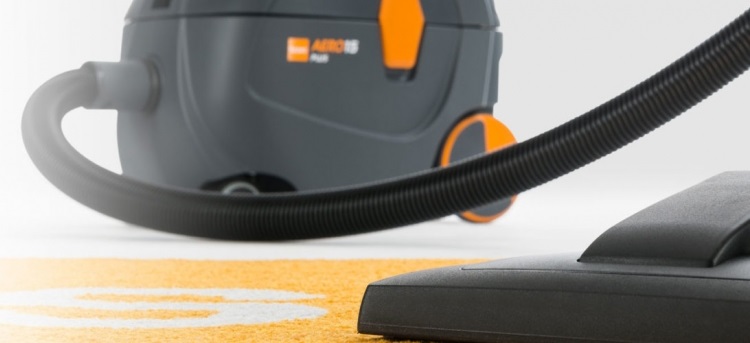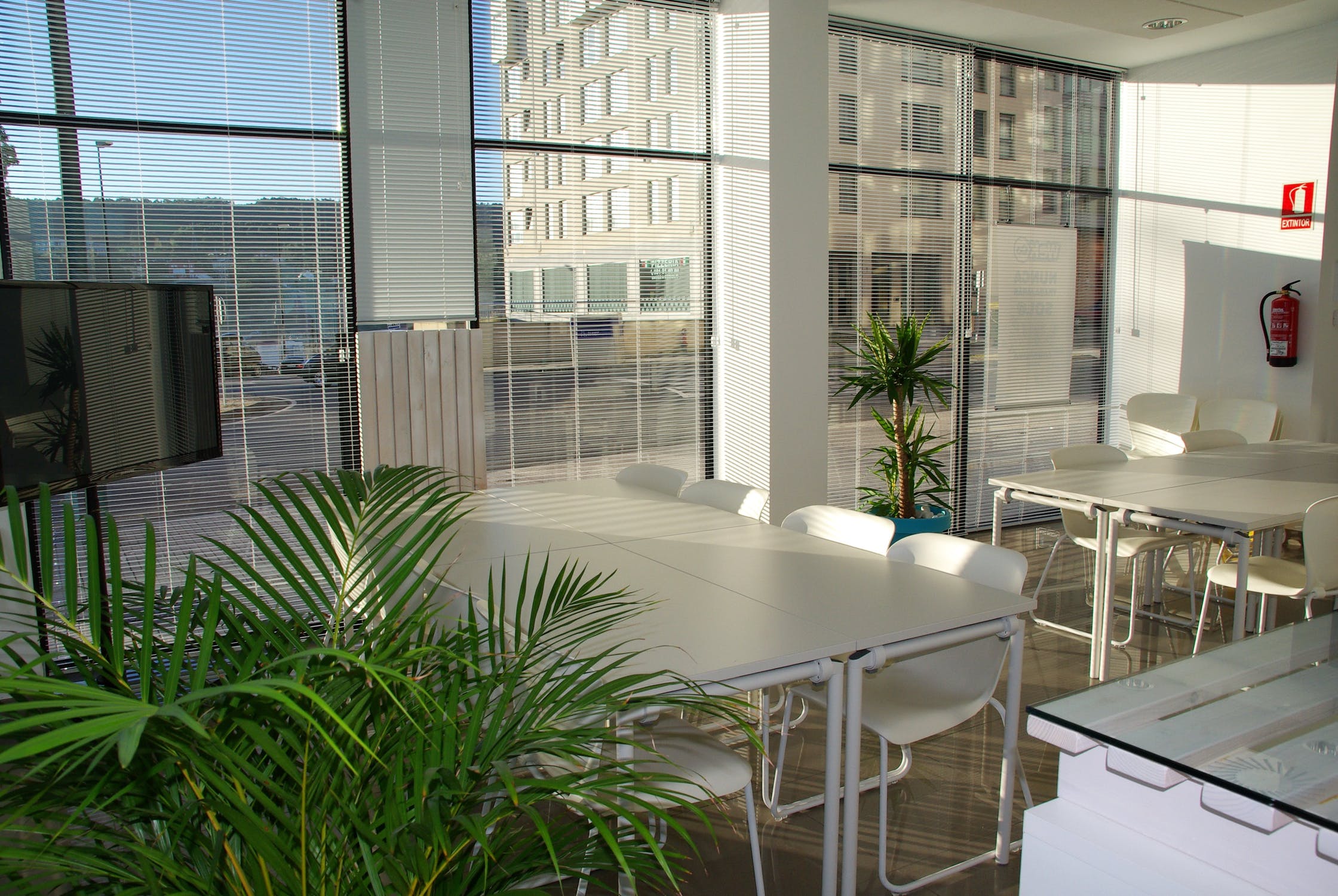In the UK, office sickness costs £77 billion every year in productivity with employees losing, on average, 30.4 days of productivity due to sickness. Many workplace illnesses and common allergies can be prevented by following a few simple tips that keep your employees’ well-being in mind.
Preventing office sickness will contribute to reduced absenteeism, which in turn increases employee productivity and overall business profits. With colder months increasing illness susceptibility, it’s vital to address the following issues.
Keep Floors Clean
Although it is just as important to keep hard floors clean, carpets are common pollutant traps and must be appropriately cleaned. Carpets can house dust and dust mites, dirt, mould spores, and many other organisms. Regular carpet cleaning with a high-quality Taski vacuum cleaner will improve your office’s air quality and ensure employees’ health is protected.
Germs and bacteria can also reside in carpets and any moisture that falls on them, such as spilled drinks, only increase the bacteria and mould build up. Carpets that aren’t properly cleaned and vacuumed on a regular basis can result in an increase of sick days, lowering employee productivity.

Have Proper Ventilation
Good air quality helps to prevent respiratory illnesses, allergies, and headaches. HVAC system filters need to be regularly maintained, cleaned, and replaced approximately twice a year. This helps to prevent debris, dust, and other particles from building up and being recirculated into the office environment.
Ensure that all HVAC and cleaning systems are energy efficient, including your vacuum cleaner. Your energy bills remain low and you will be helping the environment, particularly with an energy saving mode.
Add Plants to the Office
NASA’s study into ‘Indoor Landscape Plants for Indoor Air Pollution Abatement’ (PDF) remains just as relevant today as when the final report was published in 1989. Further and more recent research into how plants affect employee health in the office could help to prevent illness outbreaks.
Alongside reducing stress levels, green spaces and plants help to ‘scrub’ the air in the office. Some office furnishings release harmful substances that can irritate the eyes and cause headaches, and plants help to clear some of these substances such as formaldehyde, benzene, and ammonia from cleaning products.

Keep Surfaces Clean and Disinfected
To help ensure that office sickness remains at a minimum, make sure to provide your employees with a clean environment and sanitising products. Both hand and surface sanitisers help employees to keep their desk areas disinfected when they have a cold or the flu. It also aids in keeping desks tidy and clutter-free.
Simple and effective, it prevents the spreading of germs and bacteria when employees who are ill disinfect their hands after coughing or sneezing. Make sure that commonly used appliances are also disinfected regularly.
Educate Your Employees
Ensure that you have cleaning processes in place to regularly clean the rooms. High traffic office areas such as the kitchen and the bathrooms will require more thorough cleaning and vacuuming. Frequent vacuuming reduces the levels of disturbed dust and it will have a big impact on the air quality.
Additionally, keeping your employees educated about the best hygiene practices will help to maintain the cleaning standards that your set in your company. Lead by example and provide all employees with the needed tools to keep their environment clean and tidy.
High-quality vacuums cleaners with HEPA filters ensure that even the smallest particles are filtered. Our AERO vacuums were especially designed to be eco-friendly, efficient, and cost effective. Contact us to know more about our different models and which vacuum suits your company needs best.





Leave a Reply
Want to join the discussion?Feel free to contribute!